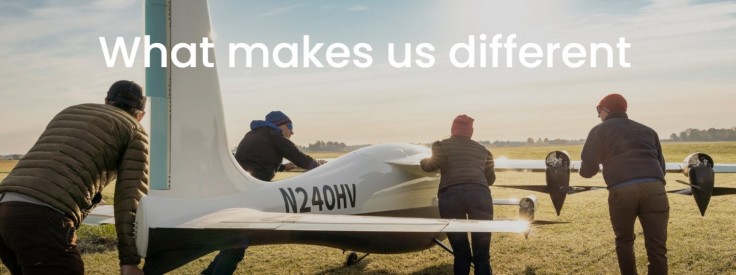
The flying-car startup Kittyhawk announced its impending closure on Wednesday. The long-sought goal of creating flying cars will be hampered as a result of such an incident.
While the company said it decided to shut down, it claimed that it is "still working on the details of what's next."
We have made the decision to wind down Kittyhawk. We're still working on the details of what's next.
— Kittyhawk (@kittyhawkcorp) September 21, 2022
Kittyhawk's Ventures Throughout the Years
The goal of Kittyhawk, a company backed by Google co-founder Larry Page, is to create an air taxi. The startup wants to develop a vehicle that could take off from almost anywhere that is smaller and lighter than current electric vertical take-off and landings (eVTOLs).
Sebastian Thrun, a former Google vice president and fellow who oversaw the creation of Google's self-driving car and Google Glasses, served as the company's co-founder when it was established in 2010, according to CNET.
Air taxis would have been less expensive than ride-sharing options if the company had achieved its objective of less than $1 per mile.
Prior to the release of its Flyer aircraft in 2018, Kittyhawk operated for many years mostly in secrecy. A single occupant may travel in the all-electric ultralight Flyer up to 10 feet above the ground at 20 mph speeds.
However, in order to create a place for Heaviside, Flyer was terminated in June 2020, per TechCrunch. Heaviside is an upgraded electric aircraft that is quieter, more competent, and capable of making autonomous takeoffs and landings anywhere.
Additionally, Kittyhawk was working on Cora, a two-person electric flying taxi which was spun off into a partnership with Boeing in 2019. This joint business is currently known as Wisk, and is attempting to create and market electric, autonomous air taxis.
Wisk Aero Will Not Be Affected by Kittyhawk's Shutdown
Boeing, on the other hand, clarified that Wisk will not be affected by Kittyhawk's shutdown. In fact, the company invested another $450 million into Wisk this year.
"We are proud to be a founding member of Wisk Aero and are excited to see the work they are doing to drive innovation and sustainability through the future of electric air travel," a Boeing spokesperson said in a statement.
Challenges of the Flying Car Industry
A number of businesses, including this Kittyhawk, were working on the concept of eVTOLs which turned out to be more challenging than some had anticipated. The latest generation of flying vehicles has not yet received human transport certification from the aviation authority.
Joby Aviation Inc., Archer Aviation Inc., Germany's Lilium NV, and Brazil's Eve are just a few of the many competitors in the air-taxi industry.
The closure of Kittyhawk demonstrates how challenging it is to get traction in the industry. Such an incident marks the end of an era for one of the most well-known eVTOL pioneers.
Related Article : Bristol Airport's Zero-Emission 'Flying Taxi' to Test Flight in 2024









